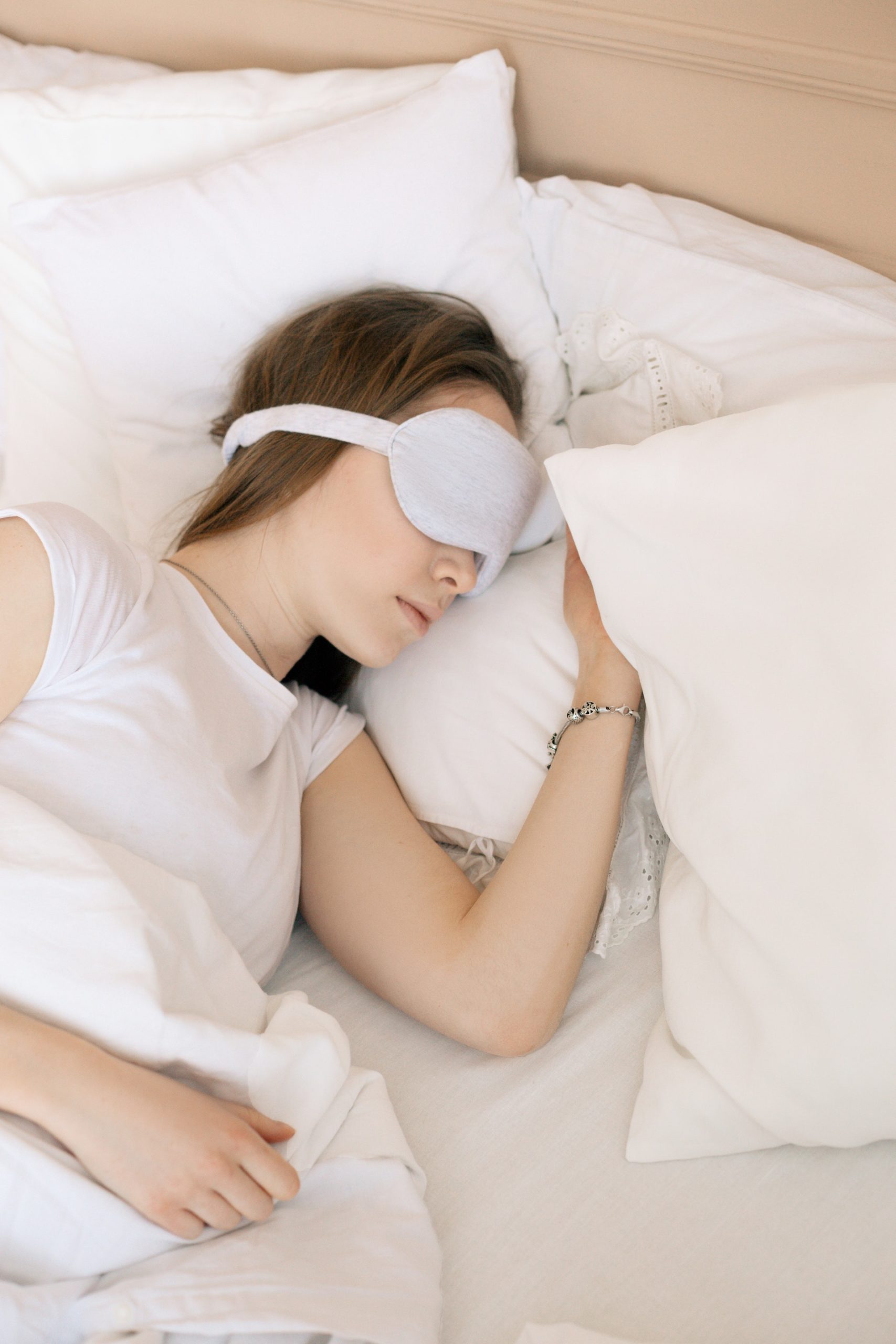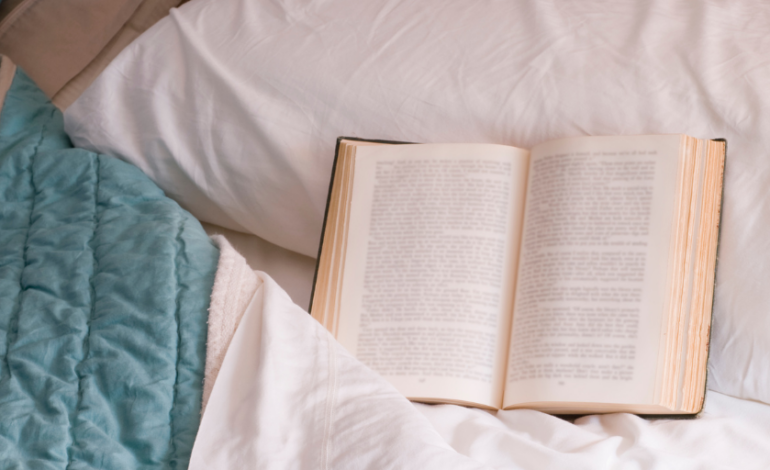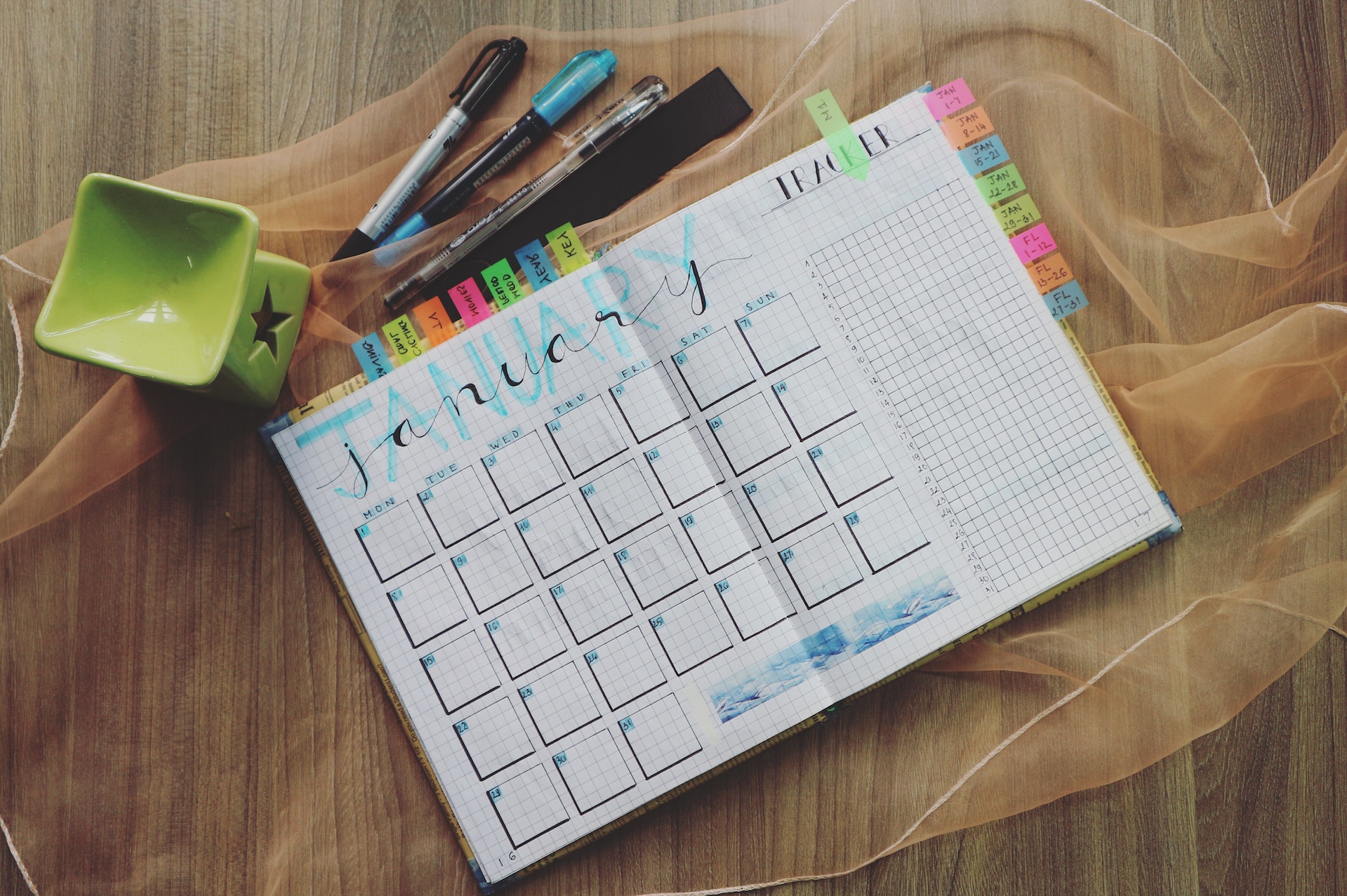Why Do You Breathe Slower When Sleeping

Sleeping is more than just rest for your body and mind—it’s also a time to adjust your breathing. During sleep, your breathing slows down and becomes more regular, allowing you to relax and recharge. Learn more about why this happens and how it affects the quality of your sleep.
If you’ve ever noticed that your breathing slows down when you’re sleeping, you’re not alone. Most of us experience this phenomenon, and it’s a normal part of getting restful sleep. But why does this happen? Why do we breathe slower when sleeping? In this blog post, we will explore the underlying science behind slow breathing during sleep and its effects on our health. We’ll discuss how slowing down your breath helps you get into deeper stages of sleep, how different sleeping positions can affect your breathing rate, and why some people may experience more extreme forms of shallow breathing while asleep.
Sleep Calms the Nervous System
The reason your breathing slows down while asleep is that your body’s nervous system adjusts to the reduced demands from external stimuli and diverts energy to other functions instead. By calming its activities, the brain can shift its focus away from outside distractions and use it for more important tasks like restorative processes during sleep. This helps achieve optimal rest and recovery for both physical and mental well-being.
During sleep, the body’s nervous system is able to rest and repair. This is because the breathing rate slows down and the body is able to take in more oxygen. The result is a calmer nervous system that is better able to function properly during the day.
The Effects of Parasympathetic Nervous System Dominance
The parasympathetic nervous system activates during sleep, leading to a drop in heart rate and faster slower breathing. The dominance of the parasympathetic nervous system results in a bunch of other calming activities like constricted pupils, slowed digestion and lowered body temperature, allowing your body to relax and repair itself. Slower breathing also contributes to better quality sleep, as the slow rhythm helps create a smoother cycle that produces deep dream-filled slumber.
When you sleep, your body is in a state of rest and repair. Your sympathetic nervous system (SNS) slows down and your parasympathetic nervous system (PNS) takes over. This is why your breathing slows down when you sleep.
The PNS is responsible for all the “rest and digest” functions of your body, including heart rate, blood pressure, digestion, and urination. It’s also in charge of the fight-or-flight response. The SNS kicks in when you’re in danger and increases your heart rate and blood pressure so you can either fight or take off running.
When the PNS is dominant, as it is during sleep, these functions are also slower. That’s why your heart rate and blood pressure drop at night. Your digestive system also slows down so you don’t need to wake up to go to the bathroom as often.
Oxygen Intake and Carbon Dioxide Elimination While Sleeping
When we are asleep, our bodies take in oxygen and eliminate carbon dioxide. Since breathing slows down during sleep, the body’s blood vessels become more relaxed, allowing for a greater exchange of oxygen and carbon dioxide between tissues. As you sleep, carbon dioxide builds up in your lungs as it isn’t eliminated on each breath out. This increased level of carbon dioxide stimulates the production of serotonin which helps to regulate sleep patterns, aiding in deeper relaxation. This also helps to ensure that you receive enough oxygen while sleeping despite slower breathing.
Assuming you are breathing normally, you will breathe in and out about 12 times per minute. This means you will take in about 720 breaths per hour. When you sleep, your breathing slows. You may only take in six breaths per minute, or 360 breaths per hour. You don’t need as much oxygen when you are sleeping, so your body doesn’t work as hard to get it.
Similarly, carbon dioxide elimination also decreases during sleep. You exhale about 4800 mL of carbon dioxide each day while awake. But during sleep, you only eliminate about 1200 mL.
Sleep Slow Breathing Promotes Better Health
Slow breathing during sleep helps keep your body healthy and functioning properly. Not only does slow breathing aid in deeper relaxation, but it also helps regulate blood pressure and improves circulation. The oxygen exchange between the lungs and other organs is improved by this slow breathing, which in turn helps boost your immune system so you stay healthier overall. Slow breathing also encourages a healthy level of serotonin, which promotes better mental health.
When you sleep, your breathing naturally slows down. This is because the body is in a relaxed state and doesn’t need to take in as much oxygen. Slow breathing has been shown to have many health benefits, including reducing stress, improving heart health, and promoting better sleep.
Slow breathing has been shown to activate the relaxation response, which is the body’s natural way of combating stress. The relaxation response is a state of deep rest that allows the body to heal and repair itself. When the body is in a state of stress, it releases hormones that can raise blood pressure and heart rate. Over time, this can lead to health problems such as high blood pressure, heart disease, and anxiety.
Slow breathing helps to promote the relaxation response by slowing down the heart rate and lowering blood pressure. This allows the body to focus on healing and repair instead of being in a state of constant stress. In addition, slow breathing supports healthy sleep patterns by helping you to fall asleep more easily and stay asleep for longer periods of time.
There are many ways to practice slow breathing. One simple way is to focus on your breath and count each inhale and exhale for four counts each. You can also try using a guided meditation or relaxation tape that focuses on slow breathing.
Improve Your Quality of Sleep With Proper Bedtime Habits
Practicing proper sleep habits is essential to getting your sleeping breathing pattern down. Make sure to set a consistent sleep schedule, limit caffeine and other stimulants prior to bedtime, and stay away from screen time too close to bedtime so you can enjoy regular deep breaths during sleep. Additionally, making sure that your bedroom temperature is comfortable and your mattress and pillows are supportive will also help lead to more restful breathing during the night.
There are a number of things you can do to ensure that you get a good night’s sleep. One of the most important is to establish some healthy bedtime habits. Here are a few tips to help you get started:
1. Go to bed and wake up at the same time each day, even on weekends. This will help to regulate your body’s natural sleep rhythm.
2. Avoid caffeine and alcohol in the evening, as they can interfere with sleep.
3. Establish a regular bedtime routine, such as reading or taking a bath, to help signal to your body that it’s time to wind down for the night.
4. Make sure your bedroom is dark, quiet, and cool – all factors that can promote better sleep.
5. Avoid working or using electronic devices in bed, as the light from these devices can disrupt sleep patterns.
By following these simple tips, you can help improve the quality of your sleep and get the restful night’s sleep you need!
Warning: this article does not constitute medical advice. The article contains the author’s personal opinion and personal conclusions and observations. If you have problems with sleep or are interested in other issues related to it, it is better to consult your doctor.









